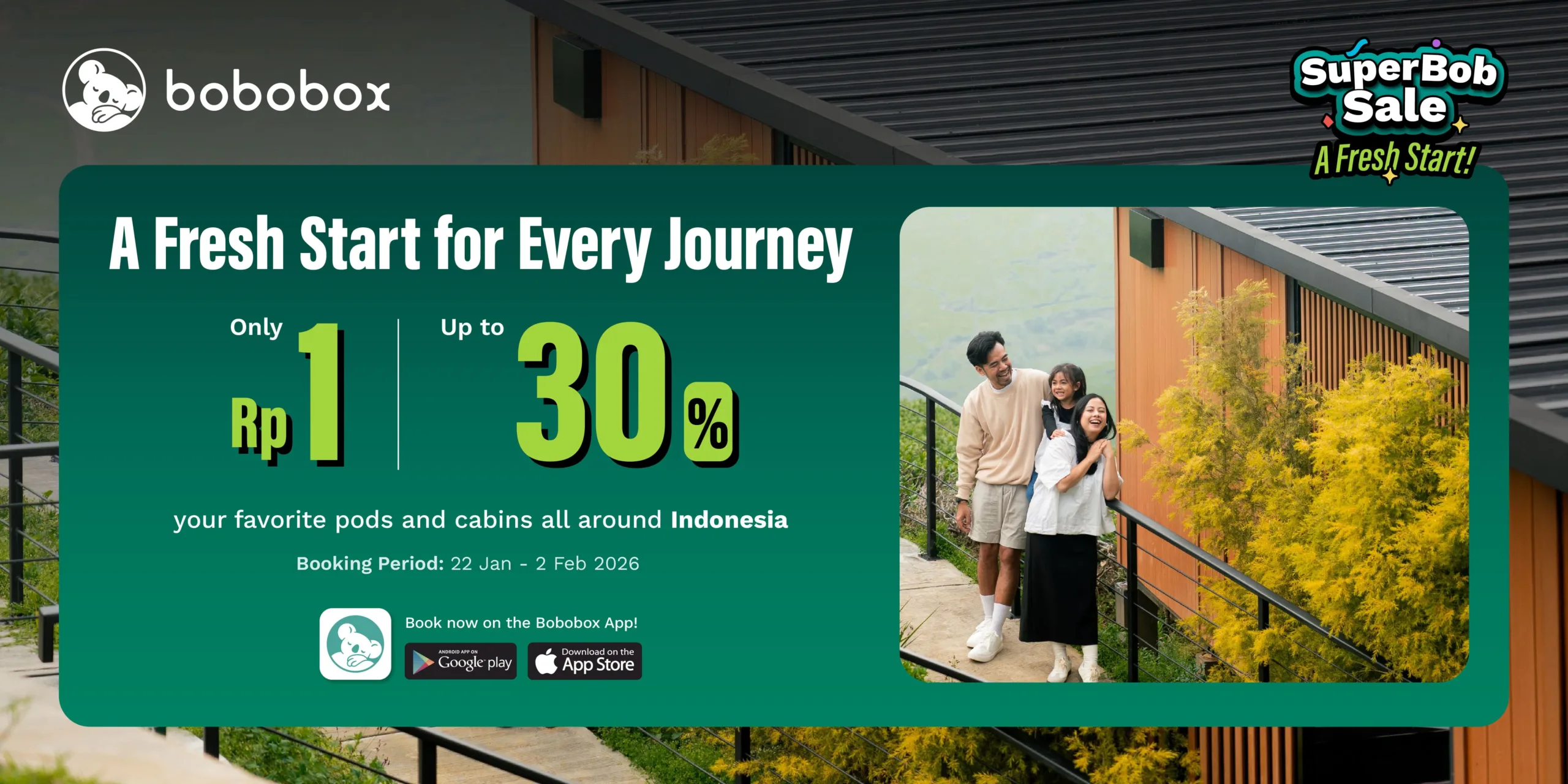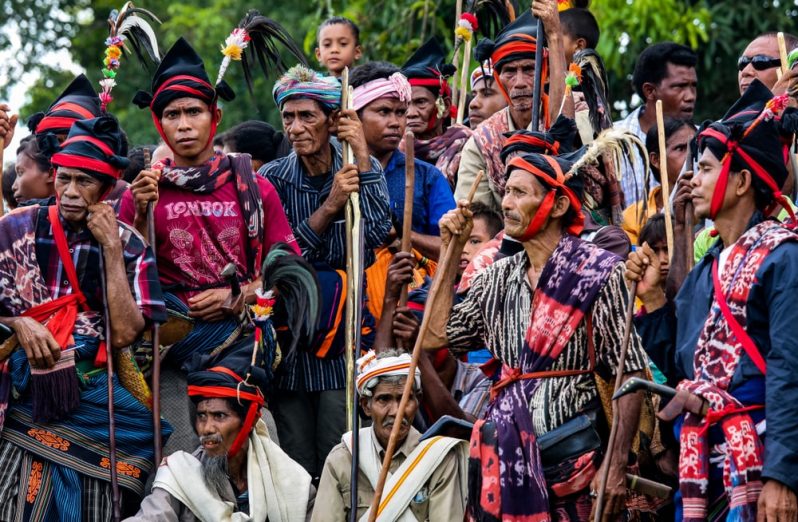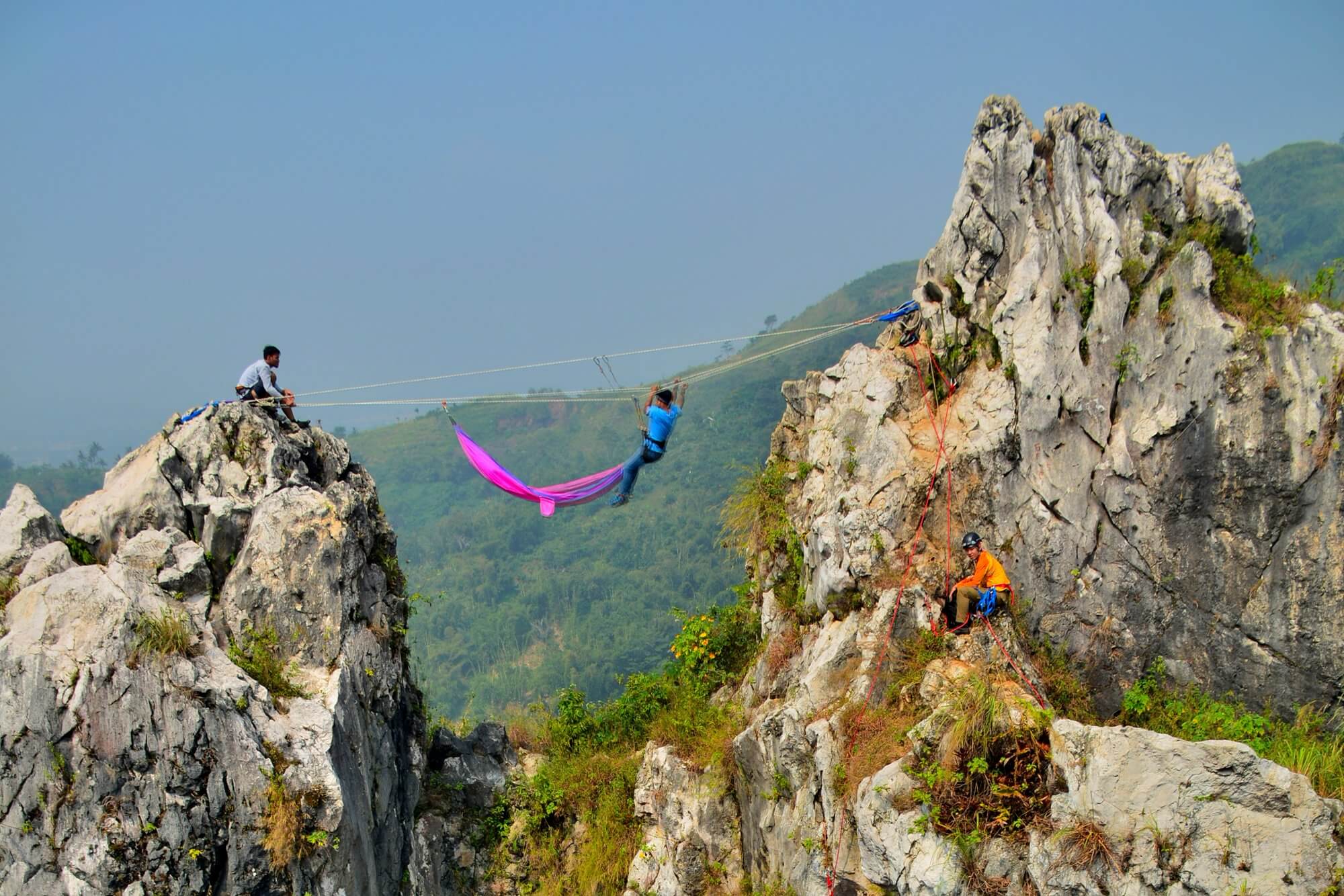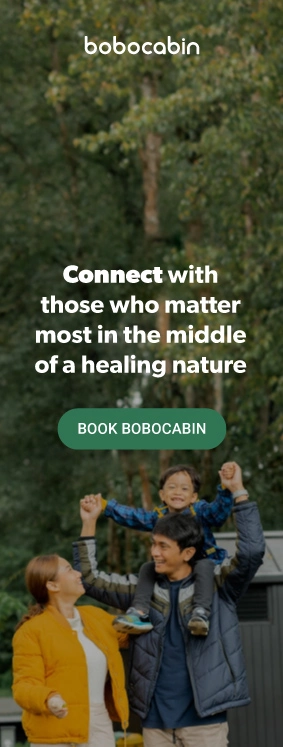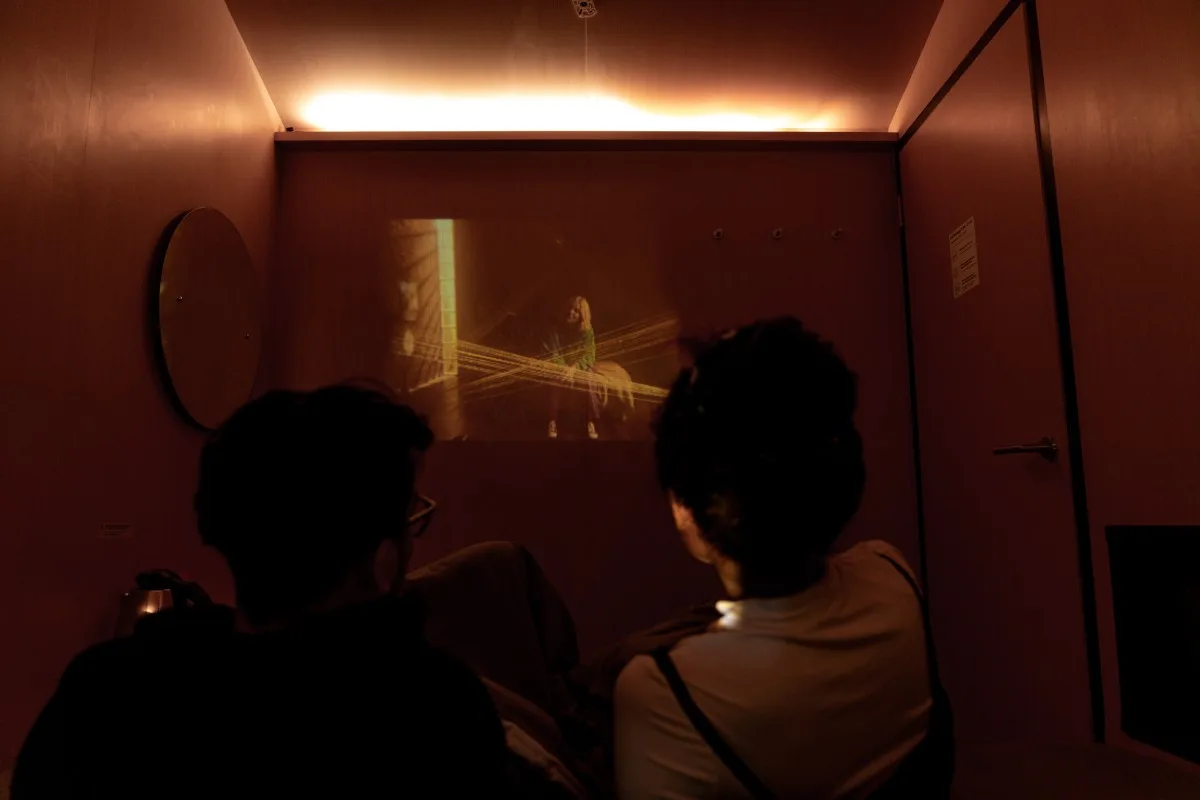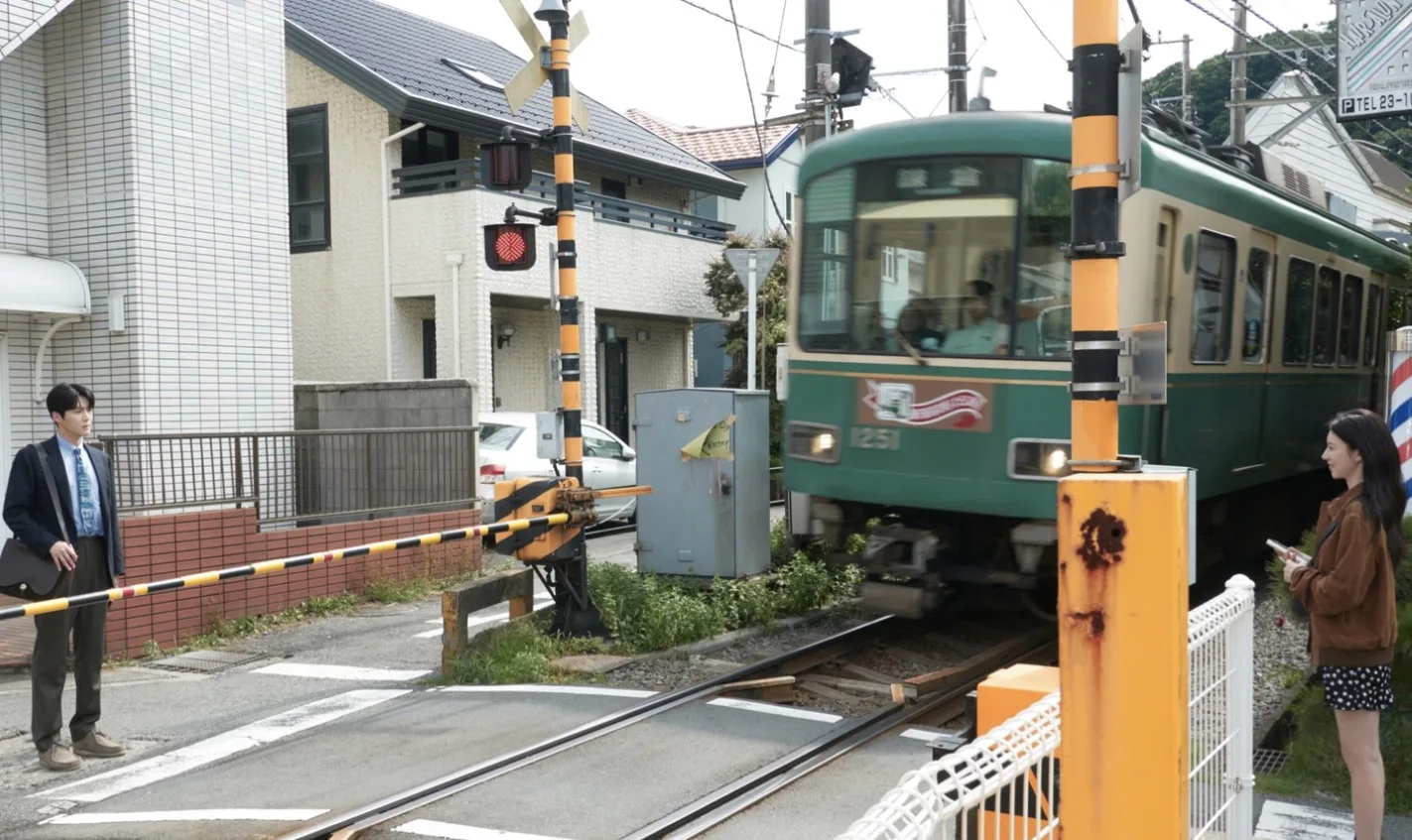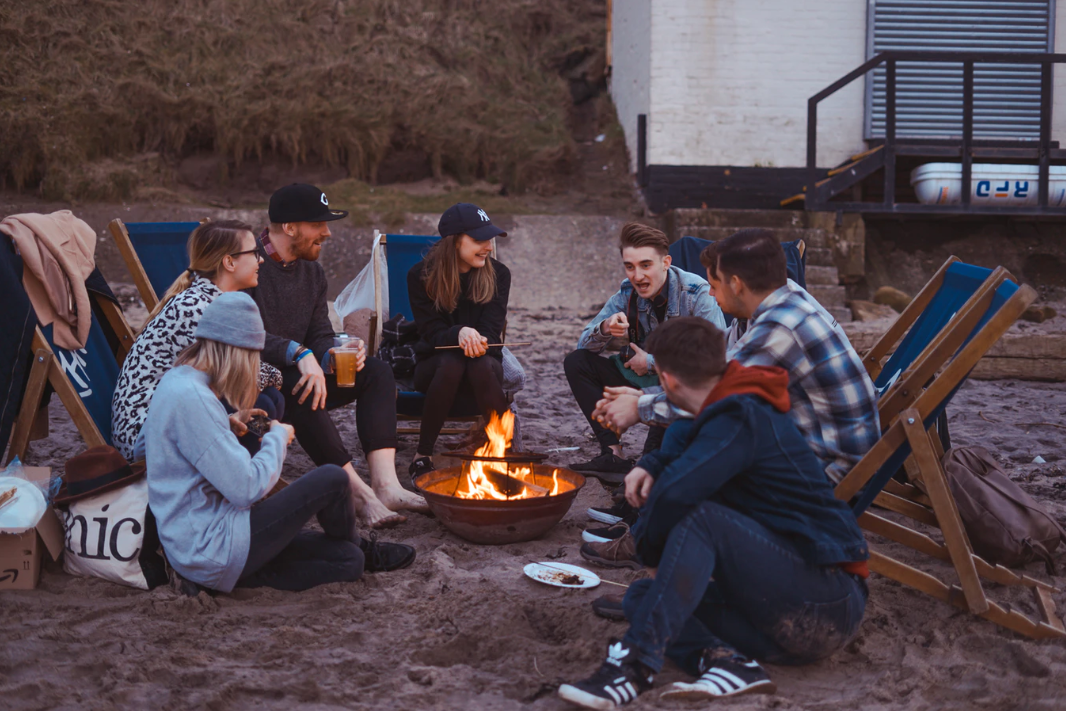The world is finally discovering the scenic beauty of Sumba, an island just east to Bali that offers beautiful beaches with wonderful rolling waves for you to ride. But did you know that this island is also known to have rich culture? Sumbanese people are known to be great at preserving their culture – finding the delicate balance between modern living and upholding tradition.
The Sumbanese culture is especially evident in the traditional homes of the people. They also share a common belief called Marapu, where they have their own rituals and ceremonies to do. What’s more interesting, despite having a rich culture, historians can’t really determine the root of Sumba’s history. Though we can agree that the air of mystery only adds to Sumba’s charm.
If you’re planning to visit Sumba, let’s learn more about the context behind Sumbanese delightful culture. From history to rituals, here is all you need to know about their culture!
Read Also: Top 10 Reasons Why Visiting Sumba is Worth It
The History of Sumbanese Culture
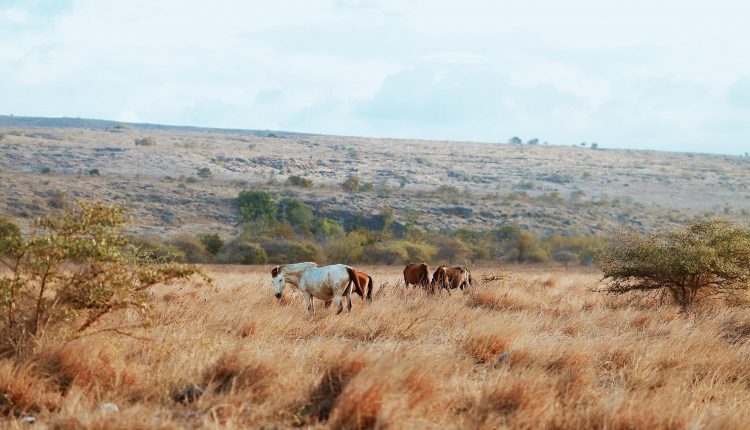
Source: Anggey Anggraini via herjourneys.com
The past of Sumba is still unclear, there are not many archeological remains to help historians determine their origin. On top of that, the people have rather blurry genealogical memory – only remembering the past 4 or 5 generations and the history of the clan’s original ancestor.
Historical documents from the 14th century show that Sumba was once described as a part of the Majapahit empire. Then they were sporadically involved in the sandalwood trade between the 16th and 17th centuries, marking their first contact with the Portuguese. Then in the 18th century, Sumba fell under the Sultan of Bima’s jurisdiction and became part of Sumbawa.
Despite that, historians don’t believe that any outsider ever forces any political power on Sumba. That is, until the Dutch intervened in the late 19th century. They started appointing local Rajas among local leaders and were divided into several feuding domains.
In turn, this becomes the main factor why several beliefs and customs can be found throughout Sumba. Ethnologists believe that Sumba can be divided into several cultural domains, each with their own dialect and set of customs. Here are Sumbanese cultural domains:
- Southwest Sumba (Sumba Barat Daya)
- West Sumba (Sumba Barat)
- Central Sumba (Sumba Tengah)
The domains mark the area of different clans and dialects. When a Sumbanese is born, they are defined by the clan of their father’s. In the case of women, they will later end up joining the husband’s clan.
Read Also: 7 Gorgeous Places for Sightseeing In Sumba, Indonesia
Sumbanese Shared Belief
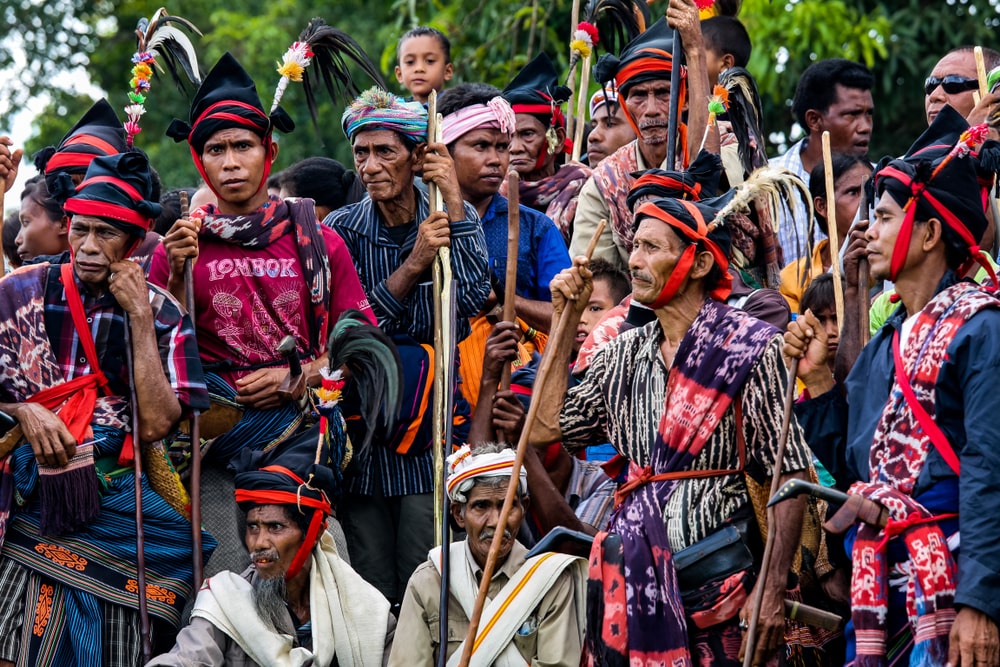
Source: goodnewsfromindonesia.id
Despite coming from different clans, the people of Sumba share one common religion. Marapu is a belief where they worship the spirits of their elders.
In the Sumbanese language, the word Marapu is derived from the word Ma which means ‘the’ and Rappu which means ‘worshipped’. It is believed that this belief has been around for hundreds of years.
Even though they worship the spirits of their elders, it doesn’t mean that they don’t believe in the existence of the one almighty God. In fact, they believe that the spirts of the elders have a certain bond and are able to communicate directly to Him.
The people call their God as Wolu Tou Raibada. In the literal sense, it means ‘the one who creates humans and non-humans’. Wolu Tou Raibada is oftentimes symbolized as Anakanisakedu (the sun_ and Anakanisawawi (the moon).
Like many other religions, they also believe that this life is only temporary. After they die, they will leave this world to live forever in heaven called Prai Marapu. The people of Sumba picture it as a very beautiful place where they can gather with the spirits of their elders.
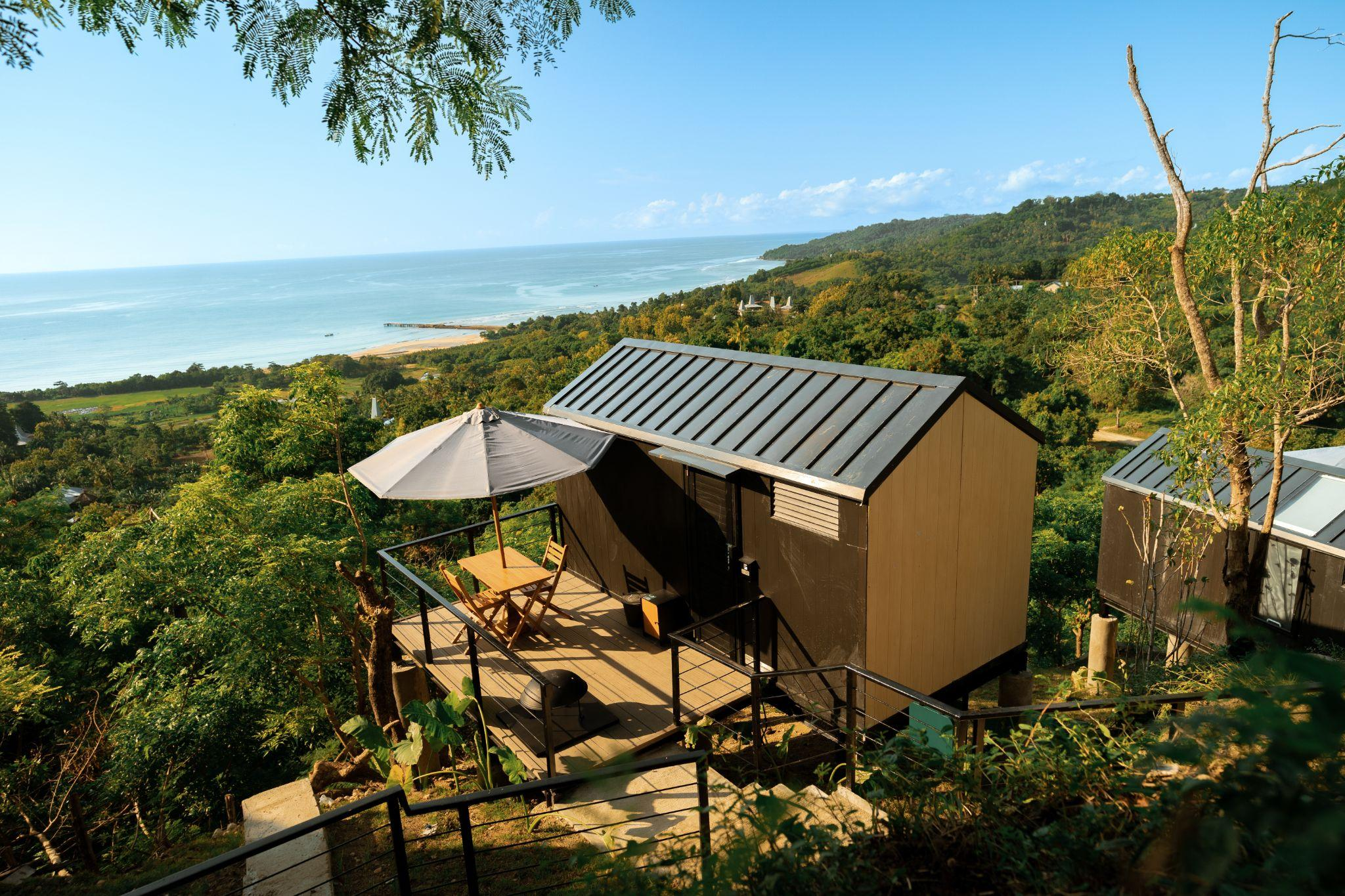
Sumba
Book your stay at Bobocabin Sumba through bobobox.com and get up to 25% OFF.
Starts from IDR 675,000 per night. Click here to see reviews!
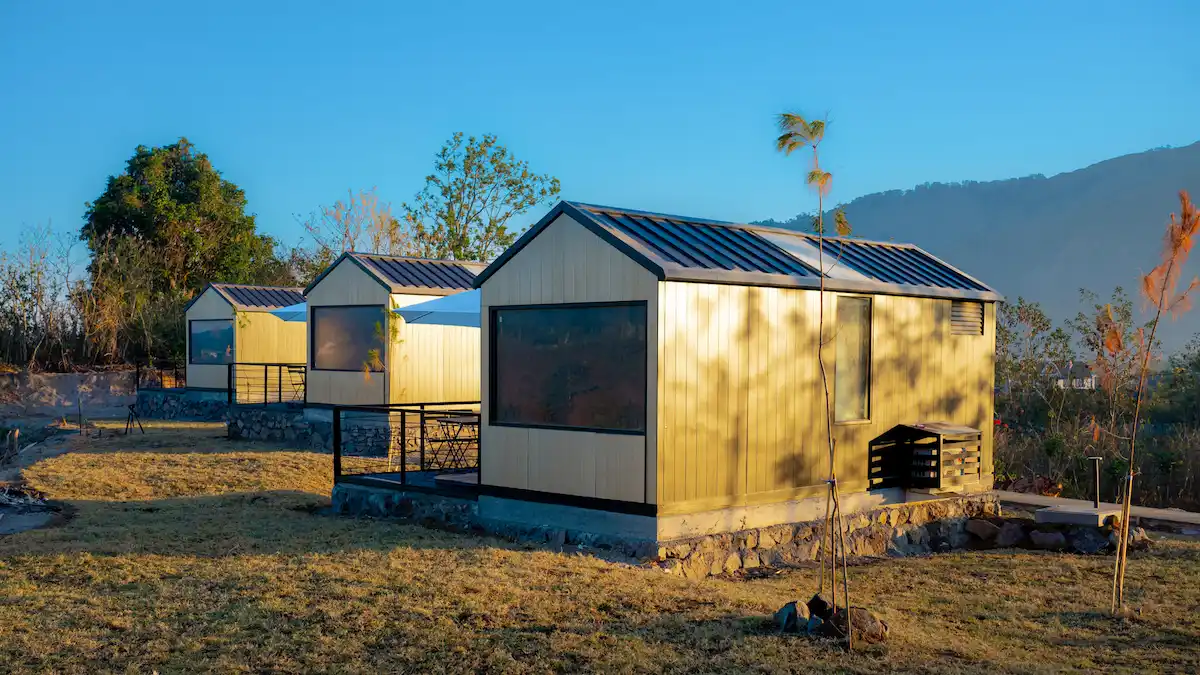
Gunung Rinjani
Book your stay at Bobocabin Gunung Rinjani through bobobox.com and get up to 25% OFF.
Starts from IDR 675,000 per night. Click here to see reviews!
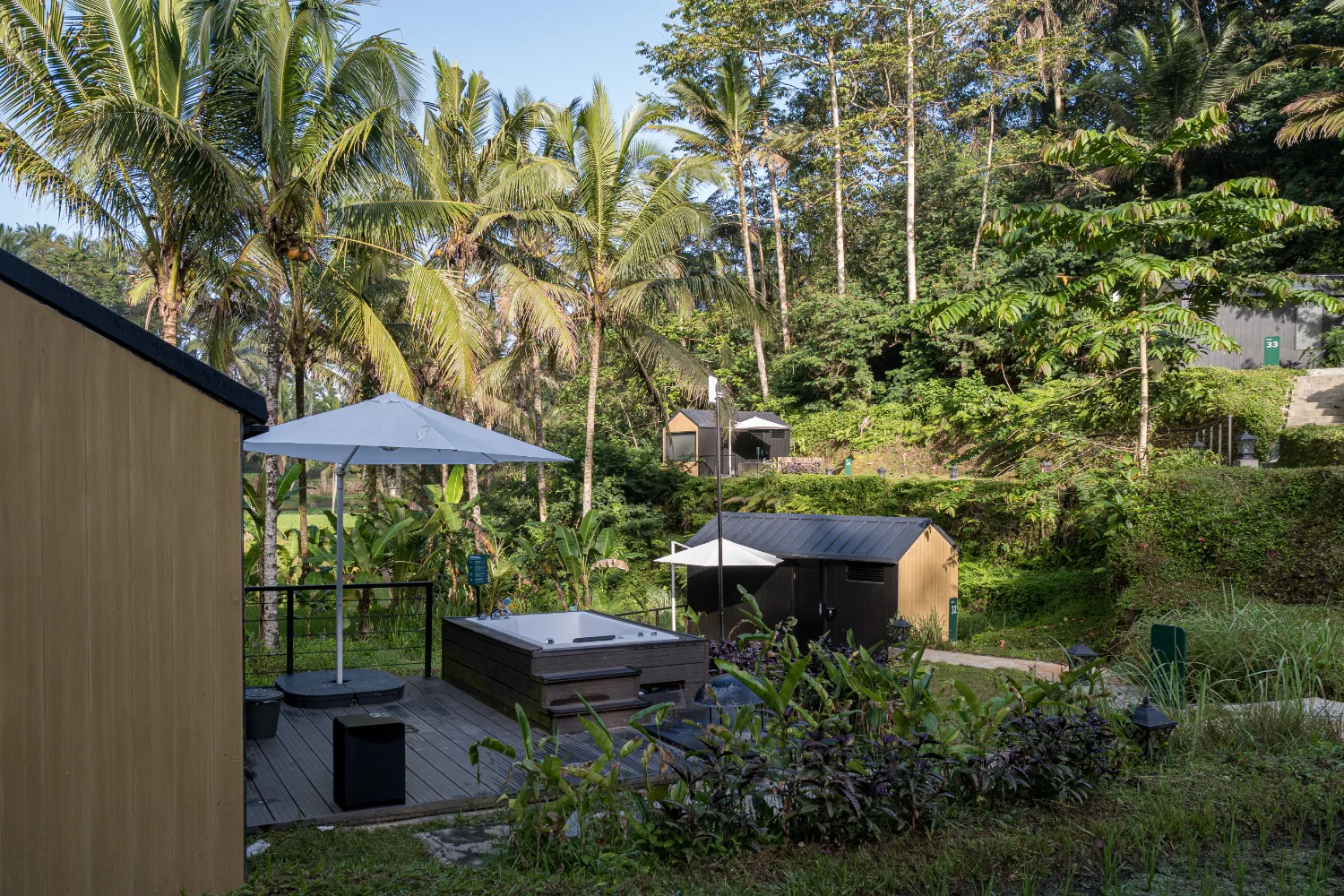
Ubud
Book your stay at Bobocabin Ubud through bobobox.com and get up to 25% OFF.
Starts from IDR 760.000 per night. Click here to see reviews!
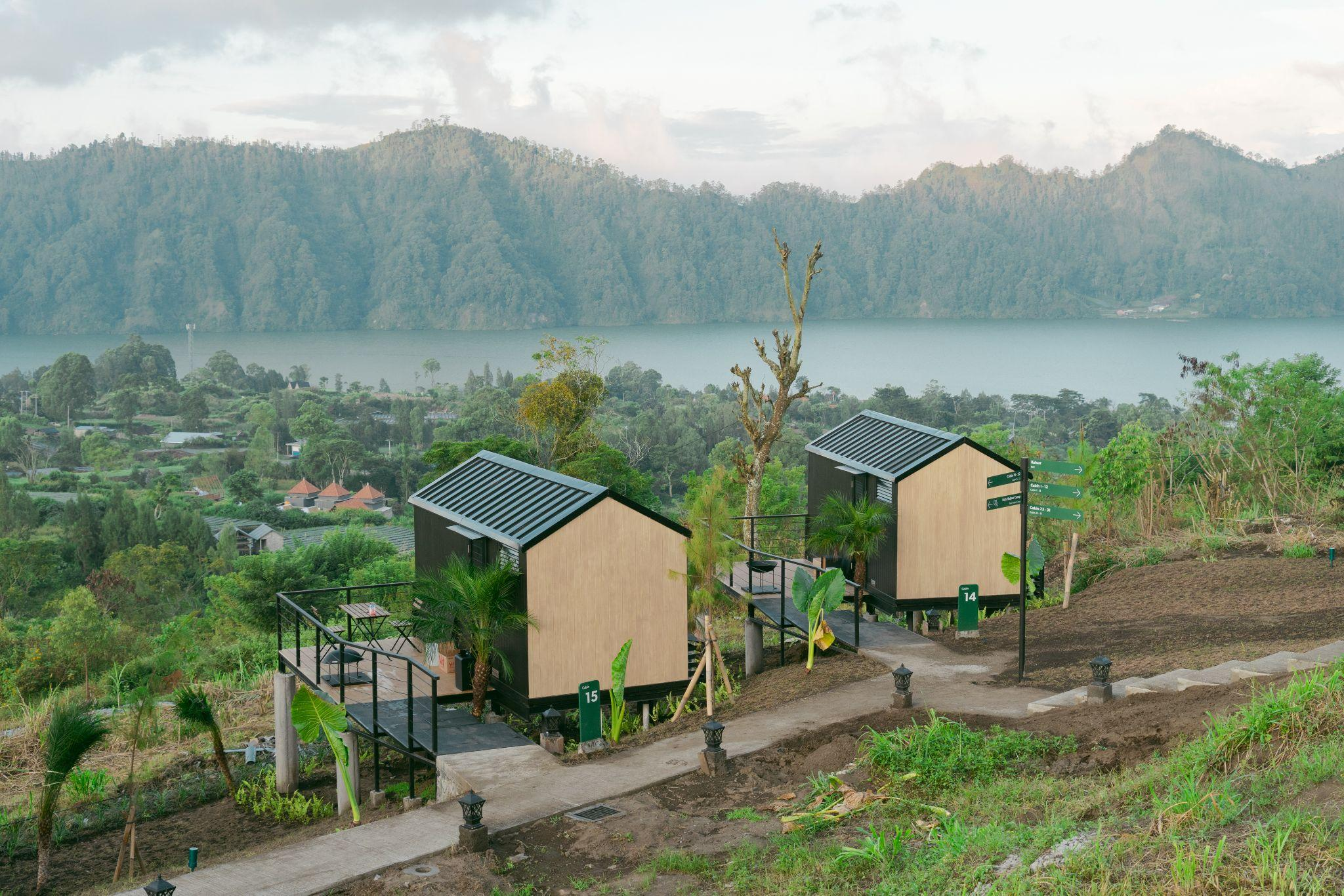
Kintamani
Book your stay at Bobocabin Kintamani through bobobox.com and get up to 25% OFF.
Starts from IDR 700.000 per night. Click here to see reviews!
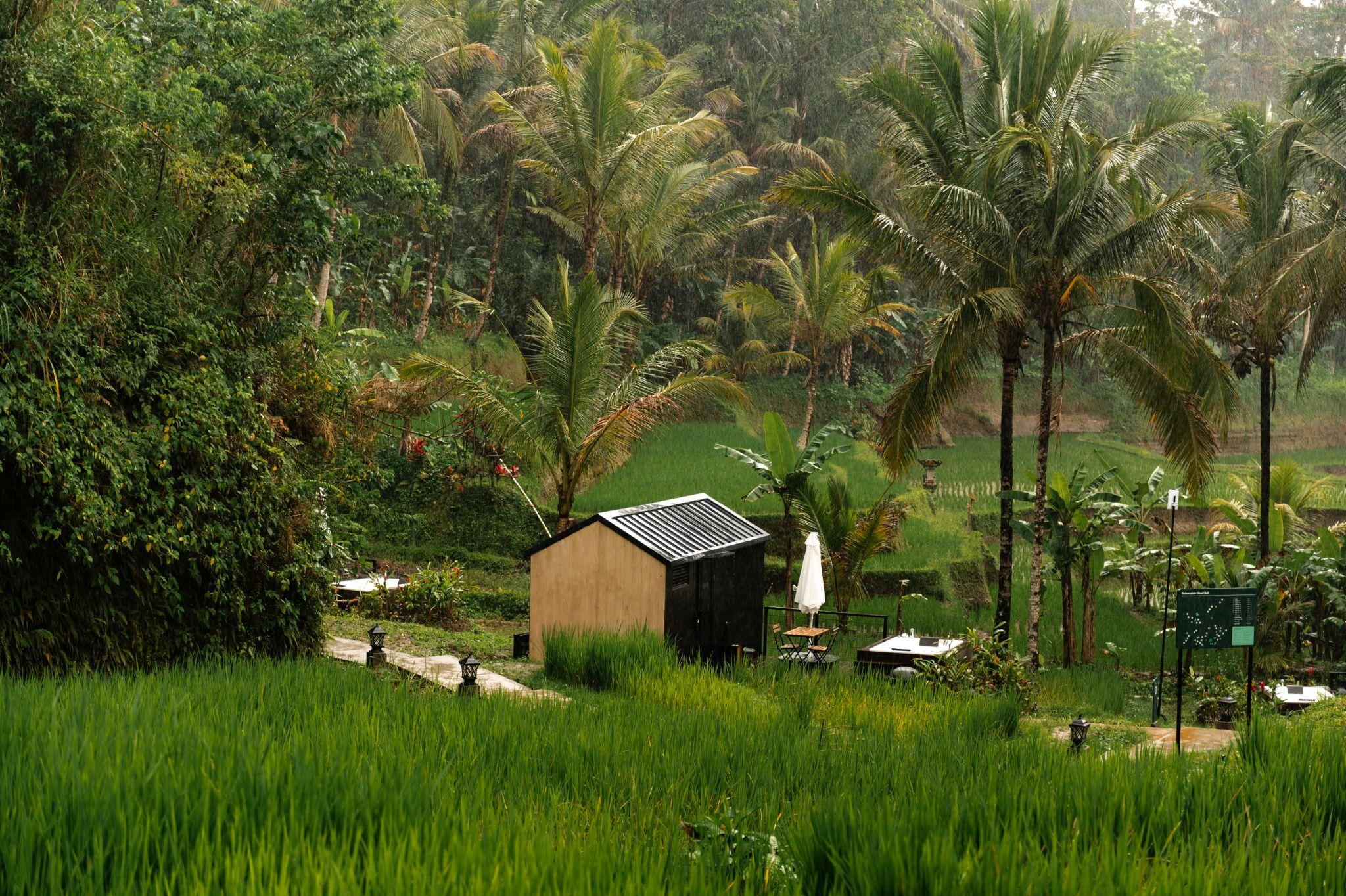
Ubud
Book your stay at Bobocabin Ubud through bobobox.com and get up to 25% OFF.
Starts from IDR 760.000 per night. Click here to see reviews!
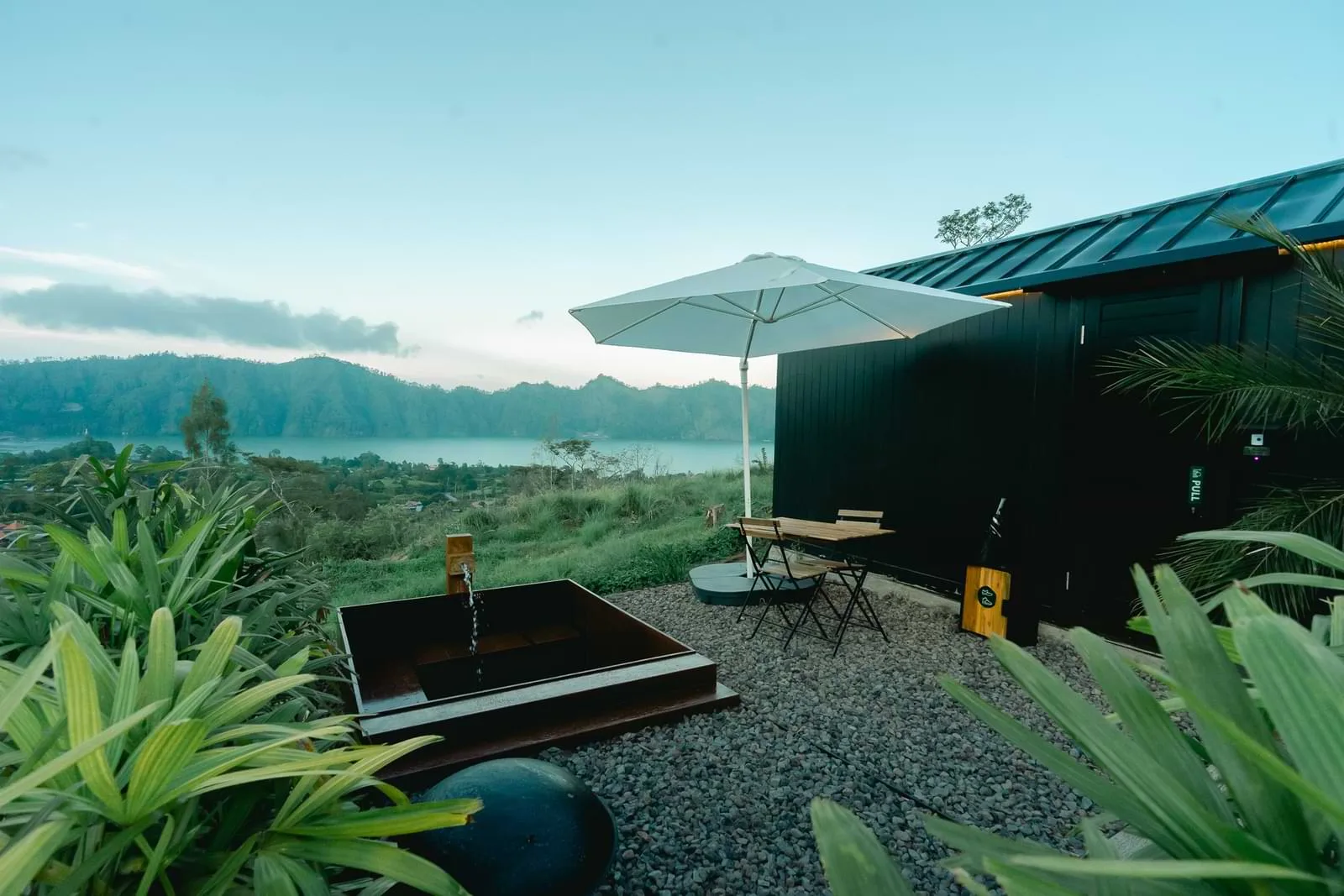
Kintamani
Book your stay at Bobocabin Kintamani through bobobox.com and get up to 25% OFF.
Starts from IDR 700.000 per night. Click here to see reviews!
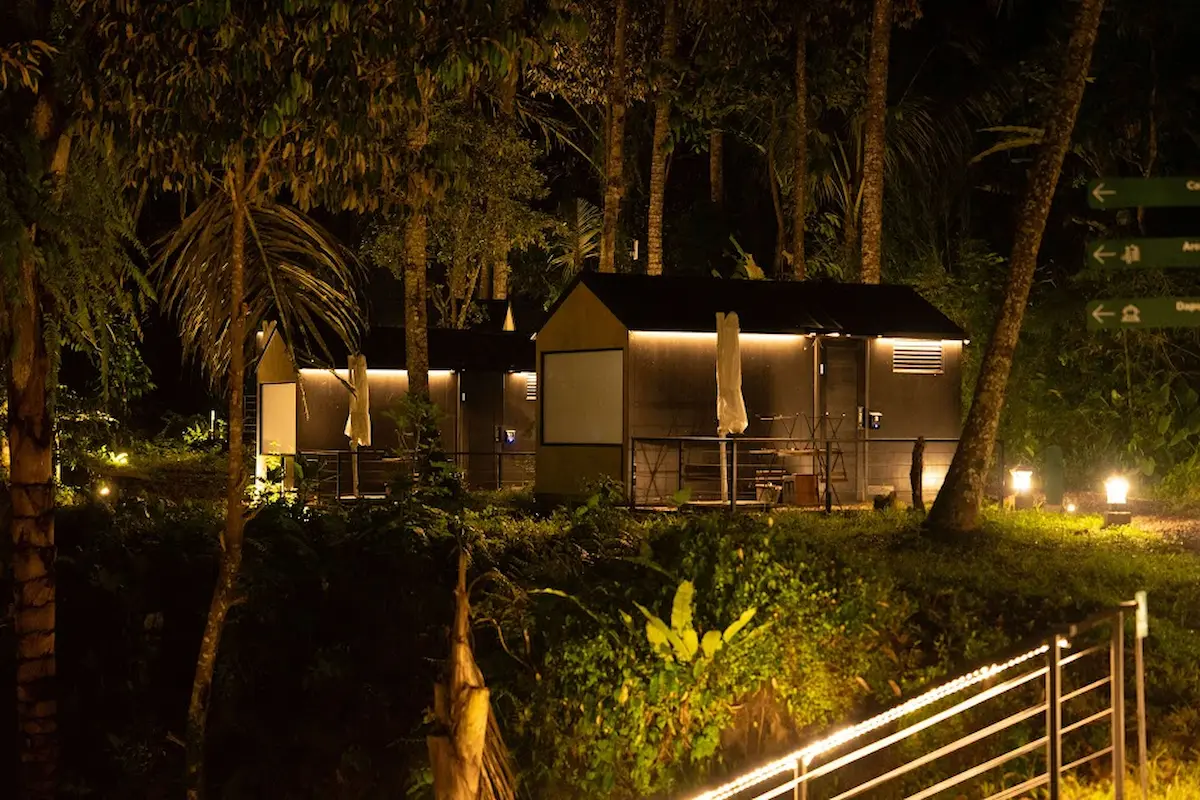
Ubud
Book your stay at Bobocabin Ubud through bobobox.com and get up to 25% OFF.
Starts from IDR 760.000 per night. Click here to see reviews!
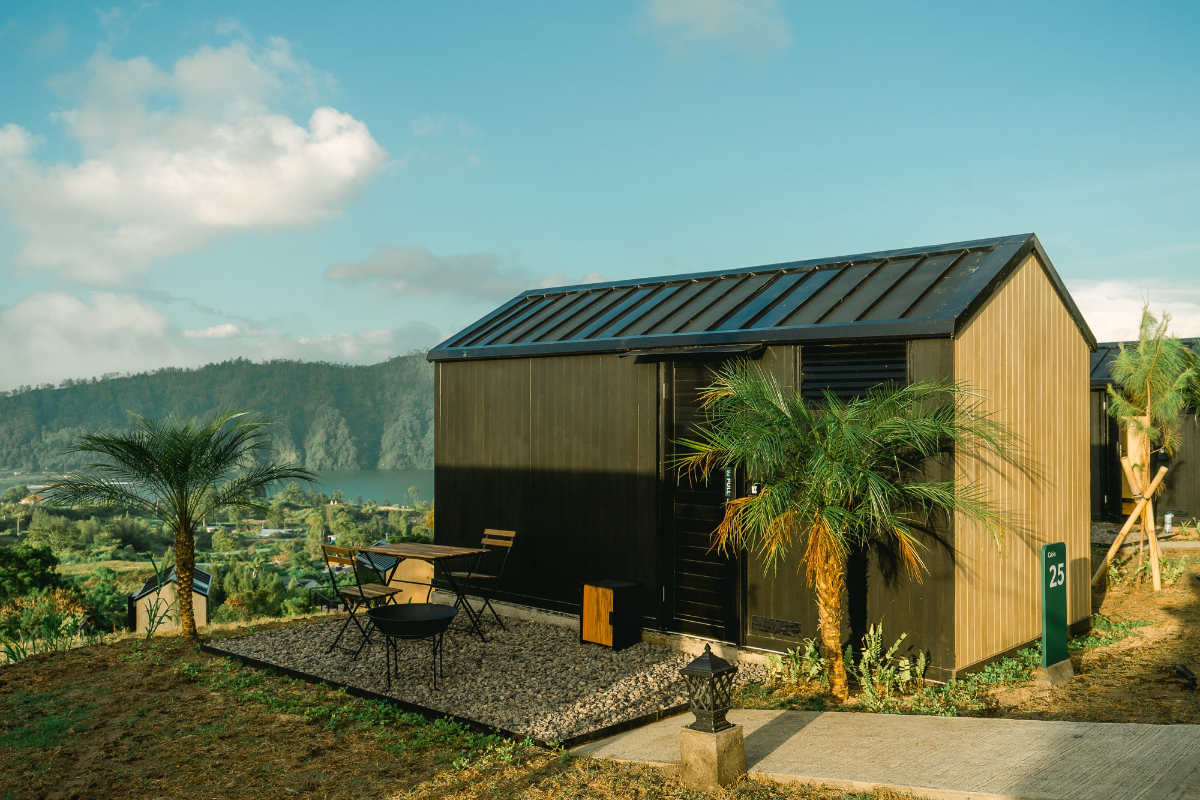
Kintamani
Book your stay at Bobocabin Kintamani through bobobox.com and get up to 25% OFF.
Starts from IDR 700.000 per night. Click here to see reviews!

Ubud
Book your stay at Bobocabin Ubud through bobobox.com and get up to 25% OFF.
Starts from IDR 760.000 per night. Click here to see reviews!
Sumbanese Architecture
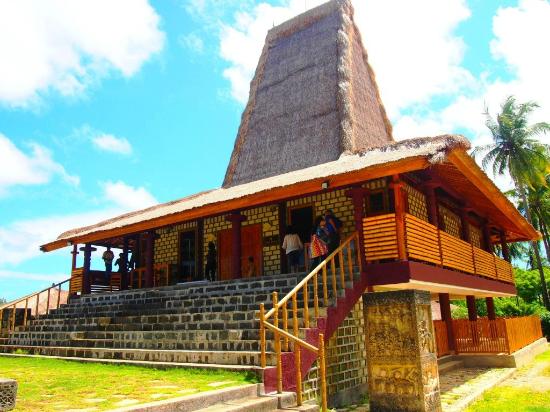
Source: Wienz via tripadvisor.com
The traditional house of Sumba is called Uma Bakulu or Uma Mbatangu. Uma Bakulu means ‘big house’ while Uma Mbatangu means ‘tower house’. Those names turn out to be pretty self-explanatory, the traditional house is indeed marked by its big size and tower.
The house itself is of rectangular shape, made of wood. Four strong and sturdy pillars are also made to support the house and the tower above. The four pillars are important to the philosophy behind the house, each representing points of the compass – north, west, south, and east.
Above the house, you can see a roof made of weeds. The tower actually refers to this tall roof, about 10-30 meters in height.
Each house is divided into three parts, Lei Bangun, Rongu Uma, and Uma Daluku. Lei Bangun refers to the part under the house where the people of Sumba keep their livestock.
Rongu Uma refers to the second floor or also known as the main part of the house. It functions as the living area where the people do their day-to-day activities. And lastly, Uma Daluku refers to the attic shaped like a tower. It is used to store foods and ritual offerings.
Read Also: Serba-Serbi Marapu, Kepercayaan Lokal Turun-Temurun Masyarakat Sumba
Traditional Ceremonies and Rituals
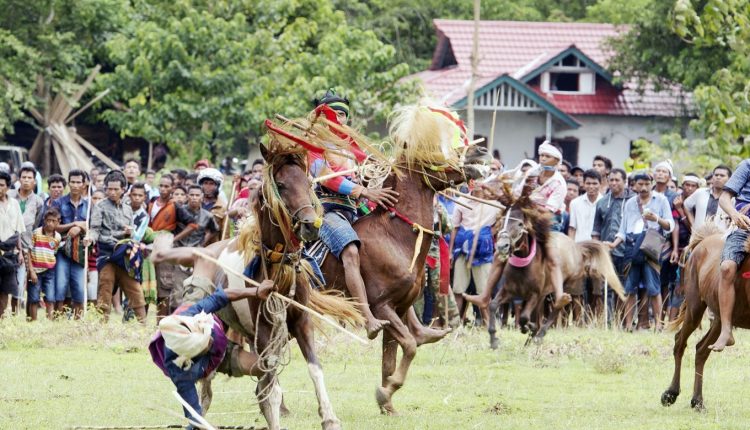
Source: Tarko Sudiarno via thejakartapost.com
At this point, we know that the people of Sumba worship the spirit of their elders. Well, one of the ways to appease the spirits is through ceremonies and rituals.
Usually, you will find an altar not far from the village. It is used to do many religious rituals and traditional ceremonies. The people refer to it as natara podu.
Every ceremony is often accompanied by a dance. The people also give offerings out of their livestock in hopes that it would bring them fortune, happiness, and salvation. Most rituals happen between October-November, where they also have to obey a few restrictions to complete them.
Admire the Scenic Beauty of Indonesia, Stay at Bobocabin!
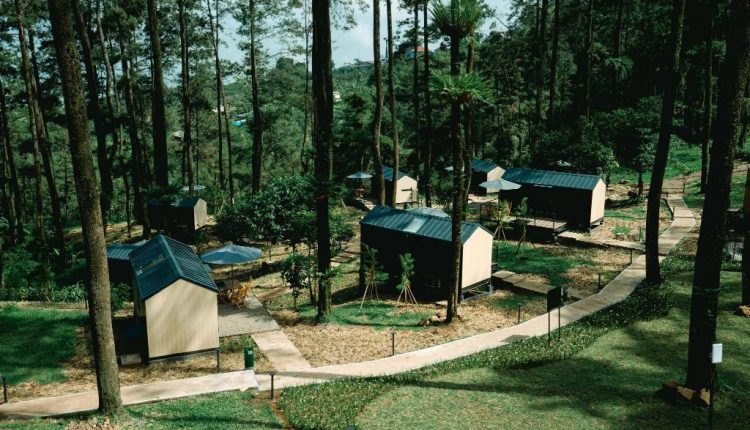
Want to bask in the beauty of Indonesia as best as you can? No need to camp out, Bobocabin is the modern and convenient solution to make the most of your trip in Indonesia!
Bobocabin is powered by the Internet of Things to make your stay much more comfortable. With features like the smart window to give you privacy, a mood lamp to adjust your lighting, and a Bluetooth speaker to set the mood, you’re guaranteed to have great sleep. Better yet, you can enjoy our campfire and barbeque facility.
Coming soon! Bobocabin is coming to Sumba so you can explore as much of their land and nature. For reservation and further information, you can download our application here.
